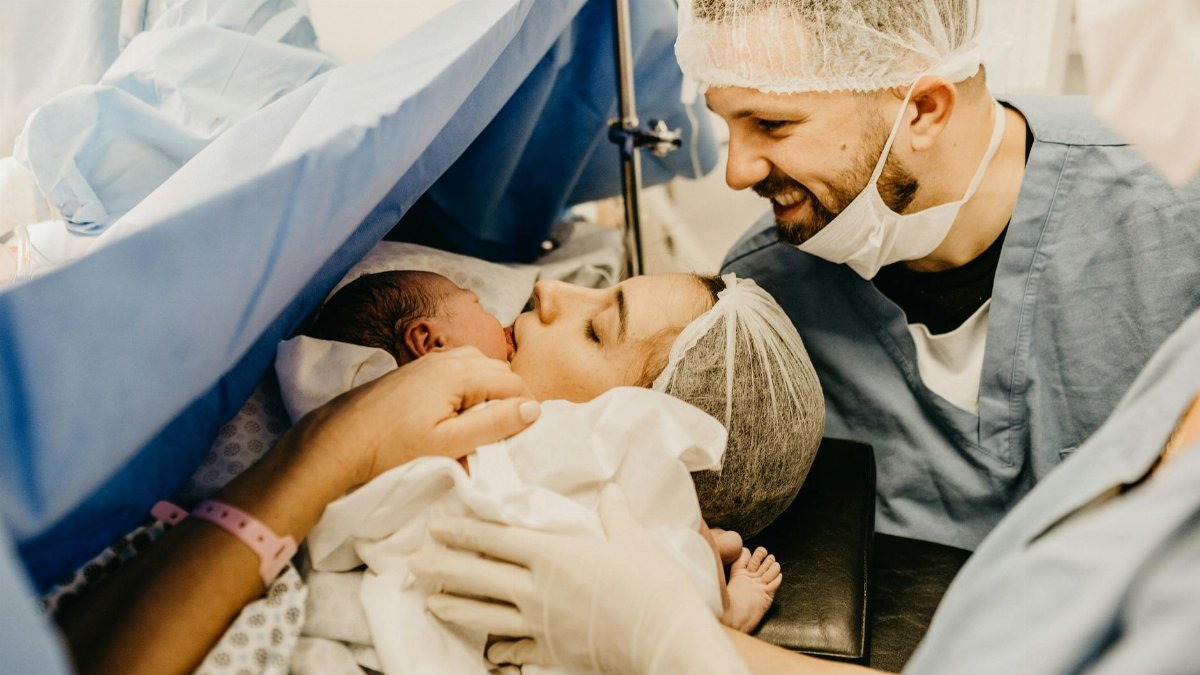Kansas psychiatric beds are at the center of a major shift in mental health care for inmates this year. On May 14, 2025, Attorney General Kris Kobach signed a landmark $101.5 million consent decree with the ACLU, resolving lawsuits over inmates waiting up to 11 months for competency exams. This agreement promises to overhaul the state’s forensic mental health system by funding new facilities and reopening existing ones, directly addressing a critical backlog that has left many languishing in jail without proper evaluation or care.
A Historic Settlement to Address Delays

The consent decree marks a turning point for Kansas, where prolonged waits for psychiatric evaluations have long plagued the justice system. Inmates, often stuck in jail for nearly a year awaiting competency exams, have been denied timely mental health assessments due to a severe shortage of available beds and resources. The agreement with the ACLU, finalized in May 2025, allocates $101.5 million to tackle this crisis head-on, ensuring that those in need of evaluation receive it without undue delay.
New 72-Bed Hospital in Wichita

A key component of the settlement is the construction of a new 72-bed psychiatric hospital in Wichita. Groundbreaking for this facility is slated for March 2026, with an expected opening in late 2027. This hospital will significantly expand capacity for mental health care in the state, providing a dedicated space for evaluations and treatment. Half of the beds are designated as forensic, specifically reserved for individuals involved in the criminal justice system, ensuring targeted support for this vulnerable population.
Reopening of Larned State Unit

In addition to the Wichita project, the consent decree includes plans to reopen a 32-bed unit at Larned State Hospital by July 2026. Like the Wichita facility, half of these beds will be forensic, catering to inmates requiring competency assessments and mental health care. The reopening of this unit is a critical step in addressing the immediate needs of those currently waiting in jails across Kansas, offering a faster solution while the larger Wichita hospital is under construction.
Forensic Focus to Clear Backlog

The emphasis on forensic beds—half of the total 104 new and reopened beds—underscores the settlement’s focus on resolving the backlog of inmates awaiting competency exams. These specialized beds will prioritize individuals entangled in legal proceedings, ensuring that mental health evaluations are conducted promptly to determine their fitness for trial. This targeted approach aims to reduce the current 11-month wait times that have drawn sharp criticism and legal action from groups like the ACLU.
Oversight and Accountability Measures

To ensure progress, the consent decree mandates regular oversight by the federal court. Kansas officials are required to submit progress reports every 90 days to U.S. Judge Eric Meland, detailing advancements in reducing the backlog and meeting construction and reopening timelines. This accountability mechanism will remain in place until the backlog of inmates awaiting evaluations drops below 30, a threshold that signals significant improvement in the state’s mental health infrastructure for the justice system.
Broader Implications for Mental Health Care

The settlement over Kansas psychiatric beds reflects a broader national struggle to balance mental health care with the demands of the criminal justice system. Across the U.S., states grapple with similar shortages of psychiatric facilities, often leaving inmates in limbo without proper care. Kansas’s $101.5 million investment could serve as a model for other states, demonstrating how targeted funding and legal agreements can drive systemic change. For more context on national trends, see reports from the National Alliance on Mental Illness (NAMI).
Challenges Ahead for Implementation

While the consent decree lays out an ambitious plan, challenges remain in meeting the outlined timelines. Constructing a new hospital in Wichita by late 2027 and reopening the Larned unit by mid-2026 will require coordinated efforts between state agencies, contractors, and mental health advocates. Any delays in funding allocation or construction could push back these critical openings, prolonging the wait for inmates in need. The state’s commitment to regular progress reports will be key to maintaining momentum.
A Step Toward Justice and Care

For now, the agreement offers hope to hundreds of inmates stuck in a broken system. By prioritizing forensic psychiatric beds, Kansas is taking a significant step toward ensuring that mental health care is not an afterthought in the justice process. As the state moves forward with these projects, the nation will be watching to see if this model can deliver on its promise. For further reading on mental health challenges in correctional facilities, check resources from the Bureau of Justice Statistics (BJS).
